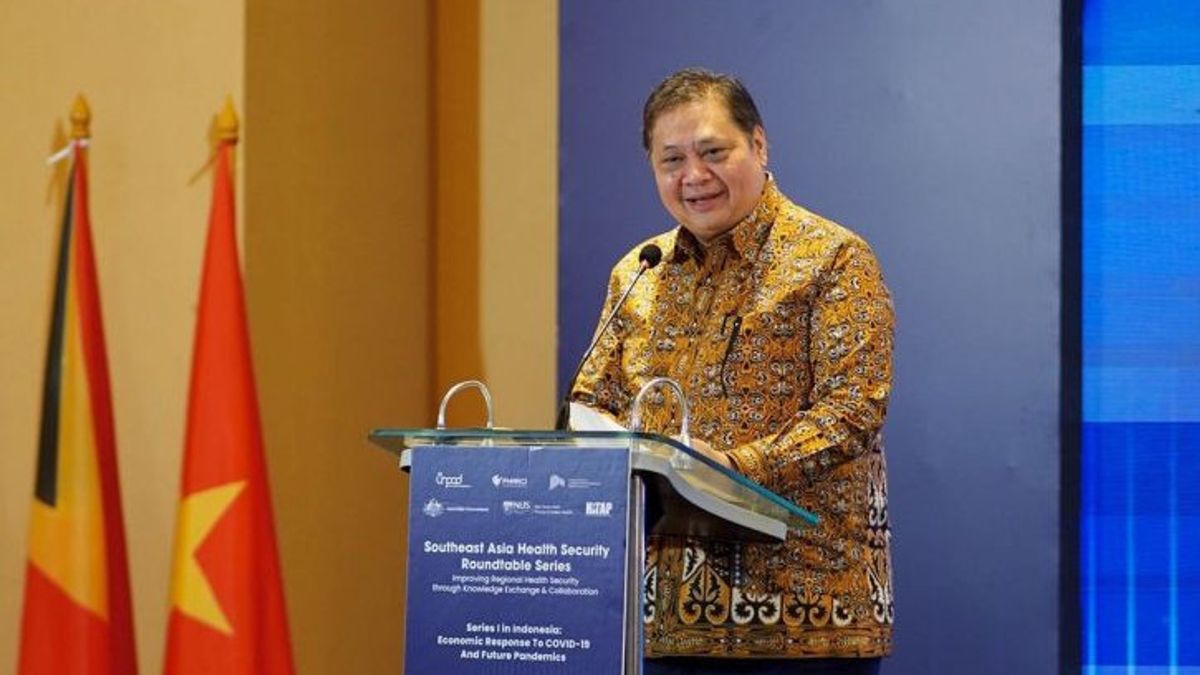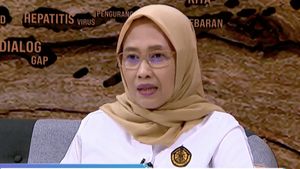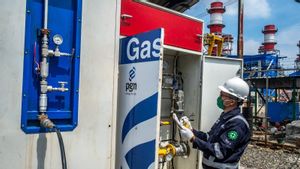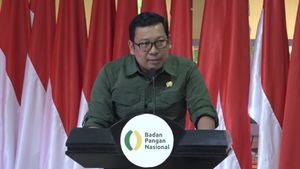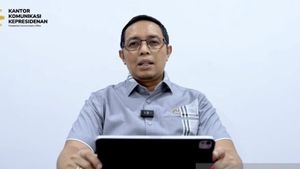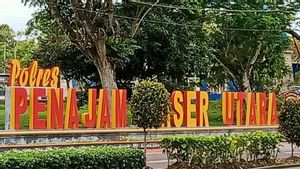Coordinating Minister for Economic Affairs Airlangga Hartarto emphasized the sustainability of economic reform to make Indonesia a developed country in 2045.
Indonesia targets to become one of the developed countries by 2045. We can achieve higher growth by implementing economic reform policies and getting out of the middle income trap," said Coordinating Minister Airlangga as quoted by ANTARA, Wednesday, November 29.
On that occasion, Airlangga explained, his party had formulated a strategy to accelerate extreme poverty alleviation and target extreme poverty to 0 percent by 2024.
The main strategy carried out is to combine Social Protection with the Community Empowerment Program and reduce poverty pockets. This is based on data from the Central Statistics Agency (BPS) which recorded an extreme poverty rate in March 2023 which was recorded at 1.12 percent.
Not only focusing on strengthening the national economy, Indonesia also strengthens its position in the global arena by participating in the launch of the Pandemic Fund during the 2022 Indonesian G20 Presidency as a financial architecture for preparedness, prevention, and disease response.
During this year's Indonesian Chairmanship in ASEAN, Indonesia has also approved a joint fund to deal with the upcoming pandemic. This year, the ASEAN Response Fund managed to raise 17.7 million US dollars.
In the event, Coordinating Minister Airlangga also explained the momentum of Indonesia's demographic bonus. According to him, the current period must be optimized because it only happens once in the history of a country's civilization.
Optimization of demographic bonuses must be prepared through various steps, including faster digitalization preparation, strengthening connectivity to be more involved in the Global Value Chain, and increasing public goods to support other capital.
"Young people must be prepared to meet industrial needs or encouraged to become entrepreneurs and create jobs," said Coordinating Minister Airlangga.
Furthermore, Coordinating Minister Airlangga said that the government would continue to coordinate with all stakeholders to ensure the sustainability of Indonesia's economic growth and prepare itself well for the threat of a pandemic outbreak.
Meanwhile, during the COVID-19 pandemic, the government has implemented a countercyclical policy to maintain national economic conditions.
The strategy carried out during the pandemic period for accelerating socio-economic recovery is to prioritize the health sector, maintain business continuity, prioritize optimism and strengthen structural reforms as the key to national economic recovery, both in the short and long term.
SEE ALSO:
After seven months since WHO declared the end of COVID-19 a global health emergency, the Indonesian economy has consistently grown positively with the mobility of people who have returned to pre-pandemic levels.
Indonesia has also returned to being a middle-income country based on the classification of the World Bank as of July 2023, realized from the Gross National Revenue (PNB) Per Kapita Indonesia up from 4,170 US dollars in 2021 to 4,580 US dollars in 2022.
The English, Chinese, Japanese, Arabic, and French versions are automatically generated by the AI. So there may still be inaccuracies in translating, please always see Indonesian as our main language. (system supported by DigitalSiber.id)
